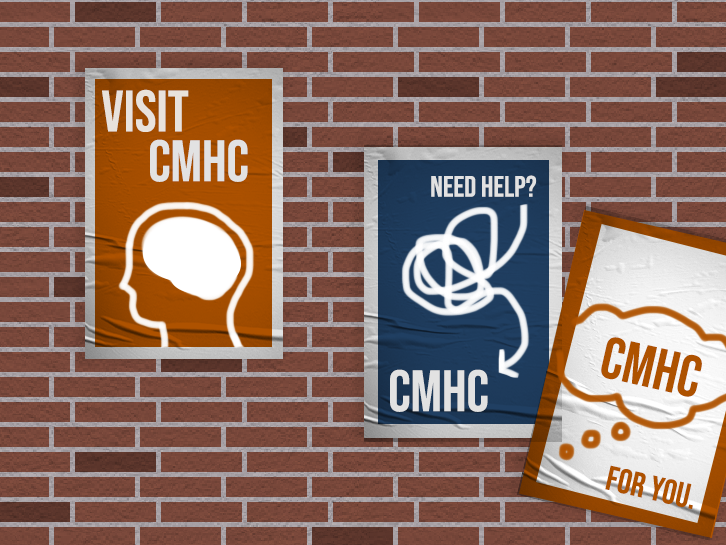UT, increase CMHC outreach
March 4, 2022
Even though I’m only in my second semester of my freshman year, I’ve noticed a significant number of students struggling with mental health at this University. I have witnessed more incidents pertaining to the decline of mental health during my time at UT than ever before.
Students are told to take advantage of the wide variety of workshops and programs offered by the Counseling and Mental Health Center (CMHC) at UT. However, while students do have a plethora of services at their disposal, including the crisis hotline, counseling services, wellness workshops and violence prevention and response programs, many services tend not to reach the majority of students due to a lack of communication and proper marketing.
Katy Redd, the Associate Director for Prevention, Development and Media Relations for Healthyhorns, spoke on the latest additions to CMHC meant to increase accessibility for students.
“We recently expanded and gave all students access to a program called My SSP, which stands for My Student Support Program. So students can enter through the Counseling Center avenue and seek care with the provider here or they can download the app and seek care with My SSP,” Redd said. “Starting last semester, we recently entered into a collaboration with UTPD where we have mental health professionals who partner with UTPD police officers to respond to mental health calls.”
Despite the creation of these new programs, there still seems to be a lack of access for students. The more time students spend at UT, it seems CMHC’s mission fades away into oblivion.
Students are often running on a tight schedule. At times, it can feel like a never ending cycle where students feel they cannot take breaks without feeling guilty. With continuous assignments and never changing days, students emphasize how they barely have time to themselves, let alone to go out of their way to book an appointment at the CMHC.
The CMHC should create more in-person and outside workshops to motivate students to develop healthier school habits and manage the many factors that come with being a college student at UT.
Looking back on my first semester, I wish I had a better support system at UT. Now, I realize there are others with similar experiences, such as undeclared sophomore Kevin Burkley III. Burkley has never taken advantage of CMHC services and was unaware of them prior to our interview.
“We go to a school that is prestigious and that comes with the stress of thinking, ‘I’m here, so I have to live up to something,”’ Burkley said. “There is a lot of pressure from parents as well as just the pressure of becoming an adult with these classes that are so high caliber. It’s kind of like just a mix of that … that puts these teenagers, who are still like kids, in a chokehold. …”
Students have different experiences behind closed doors. Some students stay up until 3 a.m. doing classwork assignments. Some students feel so stressed that they go to sleep in tears. It seems like the University is first prioritizing the academic successes of students rather than their mental health.
UT needs to place more emphasis on the wellness of students and expand the ways they market the CMHC in an effort to expand its outreach. UT needs to give students a moment to catch their breath.
Requena is an environmental science first year from Houston, Texas.



